What is Cosmetovigilance?
Cosmetovigilance can be described as the careful post-market surveillance of cosmetic products after they have been made available to consumers. More simply put it can be defined as monitoring cosmetic safety. Similarly to the concept of pharmacovigilance associated with drugs, cosmetovigilance employs the principles of post-market monitoring to keep record of adverse reactions to products. Monitoring these unintentional and un-desirable effects is a key aspect of successful marketing of these products.
What is the importance of cosmetovigilance?
Cosmetovigilance is especially important because the safety and clinical trial testing of cosmetic products are under less scrutiny by regulators than other products such as drugs, natural health products and medical devices. This makes monitoring and reporting observed adverse effects important. There are no forms of pre-market approvals for cosmetic products in the United States or Canada (with the exception of batch certification of certain colour additives in the US), allowing these products to be easily introduced to market. The effectiveness and safety of cosmetics are entirely left to the discretion of the manufacturer, which may include testing, but it is not a requirement. As such, proper incident reporting post-market is of the highest importance. With a proper system in place problems can be identified early and changes made, limiting the size of the population affected.
Where does the responsibility to uphold/enforce cosmetovigilance fall?
The responsibility to ensure that a safe product is being marketed falls upon the manufacturer. They should be aware of risks, if any, associated with their product before releasing it into market place and if needed make consumers aware of these risks. When it comes to the reporting of adverse effects from the use of a product the responsibility falls both on the manufacturer and the consumer. Throughout the years, cosmetovigilance has proven to be a vital tool for protecting consumers from negative side effects of products. A common product in Asian countries, skin lightening creams have had an increase in popularity in recent years. Lighter complexions are seen as true beauty in these regions, leaving consumers willing to do anything to achieve the ideal complexion. Risky but effective, there are many different products on the market capable of being used to help accomplish this, from creams and gels all the way to injections (considered as illegal drugs). However, some of the raw materials contained in these products can be dangerous and have permanent damage to internal systems. One concerning additive in question in these formulations is mercury. Mercury is banned from cosmetics in nations such as the European Union and other nations such as the US and Canada have strongly enforced concentration limitations. Despite wide scale bans, mercury is still popping up in formulations and these dangerous products are being smuggled into countries or sold online. The use of these mercury-containing products also does not solely affect the individual using it. Traces of this dangerous substance can easily be passed to unsuspecting bystanders that encounter that individual and even into water supply. In 2016 the FDA stressed the importance that these products stop being used. Without proper post market evaluation, investigation and regulation its possible that many of these products would be remain easily accessible to consumers, contaminating their homes and more importantly their bodies.
What effects can proper cosmetovigilance have on industry?
Keeping track of adverse effects from cosmetics is what can often lead to certain ingredients being restricted or prohibited by regulators. Manufacturers may even choose to pull a product from shelves if an increasingly high number of complaints is received. If consumers are seen to experience sensitising effects from certain ingredients the rules surrounding that ingredient may be amended. In short, without proper cosmetovigilance, vital changes to both product availability and regulation would be less frequent.
For more information, please contact Focal Point Research Inc. We are leading North American Regulatory and New Product Consultants for Medical Devices, Natural Health Products, OTC Drugs, Cosmetics, and other consumer products regulated by Health Canada and the U.S. FDA.

Recent Comments